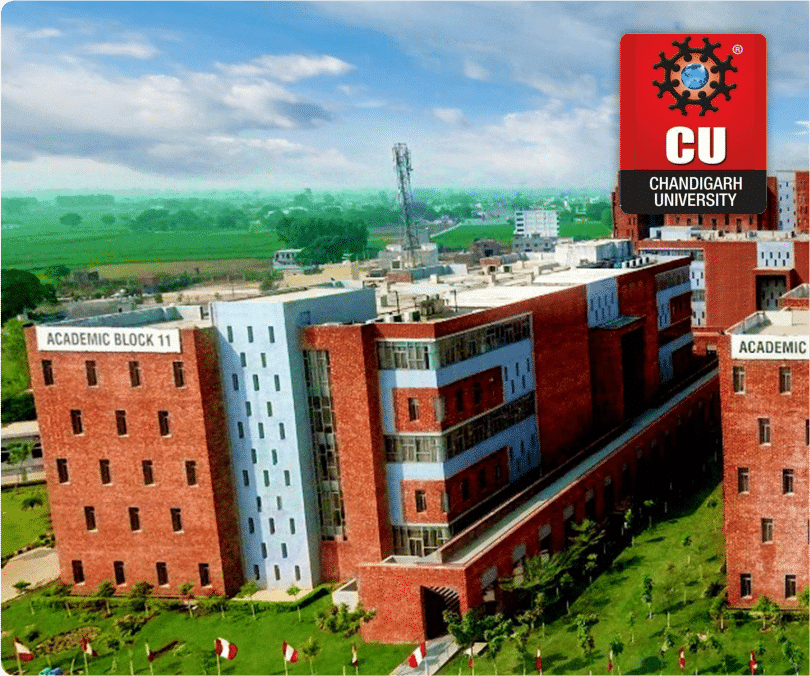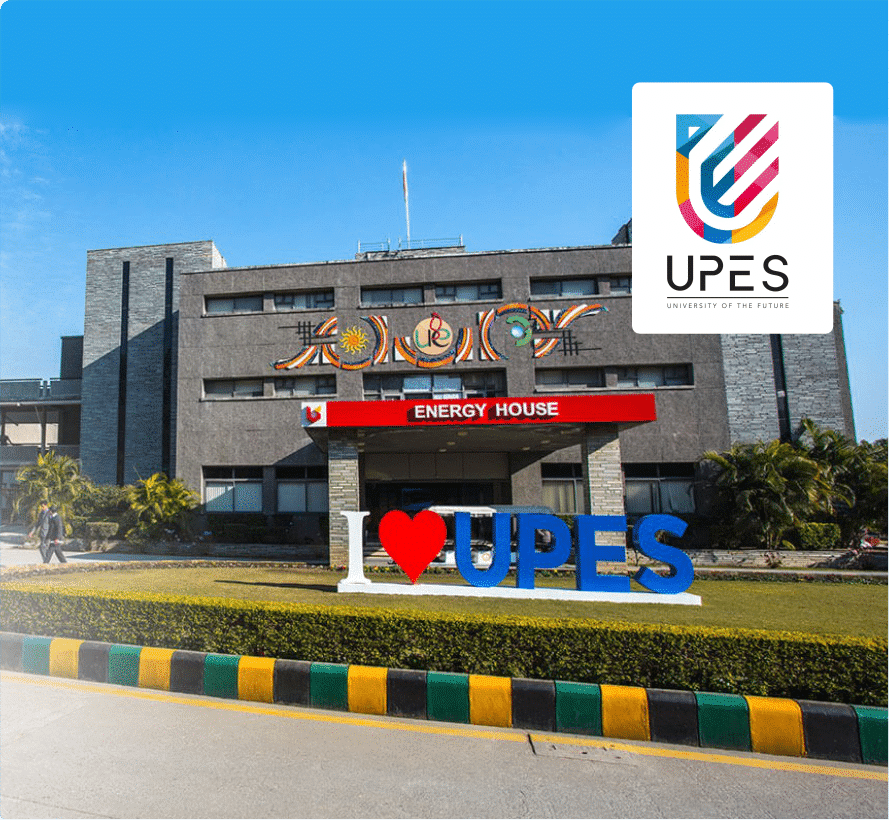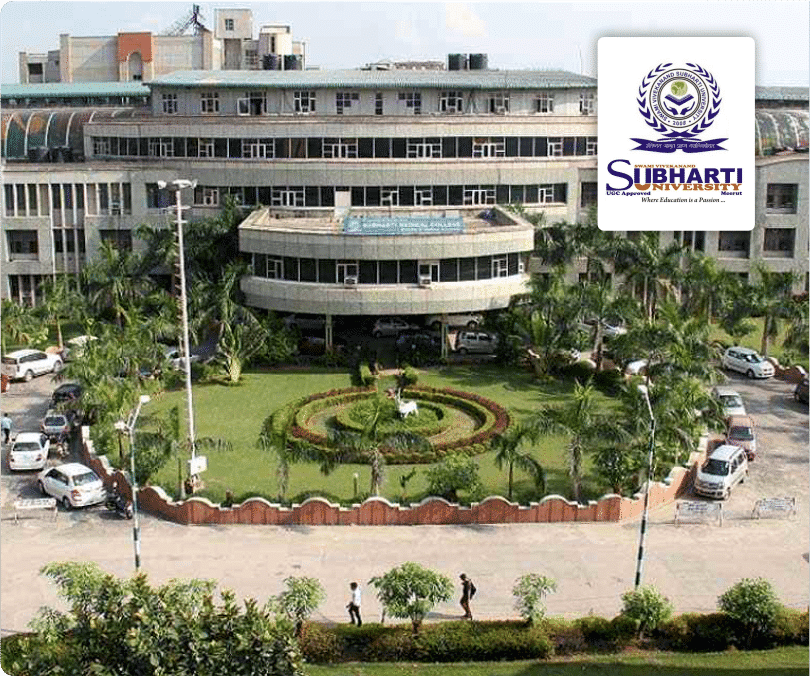
Executive MBA Course Fees Eligibility Admission Process and Top Universities
An Executive MBA (EMBA) is made for professionals in the middle of their careers who want to improve their management skills and move up to higher leadership positions. Unlike a regular MBA, the EMBA is meant for people with a lot of work experience who want to keep working full-time while studying.
This blog covers the basics of executive MBA programs: the costs, eligibility, admission process, and the top universities that offer executive MBA degrees.
Online/Distance MBA Universities In Other Cities
Understanding Executive MBA Programs
Executive MBA programs are advanced degrees designed for working professionals who really want to improve their leadership and management skills. These courses typically last from 1 to 2 years and offer flexible schedules, allowing students to continue working while they study. The curriculum often focuses on real-world business challenges. After completing this EMBA course, students can easily apply what they learn directly to their jobs. Participants can also build a strong network of fellow professionals and industry leaders. Overall, an Executive MBA provides valuable knowledge and connections to help advance your career.
Here’s an overview table for EMBA programs:
| Feature | Details |
|---|---|
| Program Duration | 1 to 2 years |
| Eligibility | Bachelor’s degree and 3-5 years of work experience |
| Target Audience | Mid-career professionals and managers |
| Curriculum Focus | Leadership, management, strategy, and real-world business challenges |
| Class Schedule | Flexible, often evening or weekend classes |
| Learning Format | Lectures, case studies, and group projects |
| Networking Opportunities | Access to fellow professionals, alumni, and industry leaders |
| Admission Process | Application, entrance exam (if required), interviews, and recommendation letters |
| Average Fees | Varies by institution, typically ₹10–30 lakhs in India |
| Potential Careers | Senior Manager, CEO, Entrepreneur, Consultant, Project Manager |
| Internship Opportunities | Some programs offer internships or live projects for practical experience |
| Global Exposure | Many programs include international study trips or partnerships with global institutions |
| Support Services | Access to career services, mentorship, and academic support throughout the program |
Eligibility Criteria for Executive MBA Programs
Executive MBA (EMBA) courses are designed for working professionals with significant experience who want to advance their careers. Here’s a general overview of the eligibility criteria:
Common Requirements:
Bachelor’s Degree: Graduate degree from a recognized university is essential. Some programs may require a minimum GPA.
Work Experience: This is a key differentiator for EMBA programs. Most require a minimum of 3-5 years of professional work experience, though some may require more, especially for top-tier programs.
Entrance Exams: Many EMBA courses require standardized tests like the GMAT or GRE to assess your aptitude. Some institutions might also accept scores from other exams like the CAT, XAT, NMAT, SNAP, or CMAT, particularly in India.
Admission Process for Executive MBA Programs
The admission process for Executive MBA programs in India is designed for working professionals with experience. Here is a step-by-step guide to help you understand how to apply:
Check Eligibility: Most Indian institutes require a bachelor’s degree with at least 50% marks and 3-5 years of work experience.
Choose a Program: Research Indian institutes like IIMs, XLRI, ISB, or others offering Executive MBA programs.
Entrance Exam: Some institutes accept scores from GMAT, CAT, or their own entrance tests like XAT or EMAT.
Prepare Application: Submit your resume, marksheets, and other relevant certificates.
Letters of Recommendation: Provide references from your current or previous employers.
Personal Interview: Shortlisted candidates attend interviews to discuss their goals and experience.
Admission Confirmation: Once selected, pay the fees and complete formalities to secure your seat.
Who Should Consider an Executive MBA Course
An Executive MBA course is designed for professionals looking to advance their careers and improve their skills. It caters to individuals with work experience who want to move into higher leadership roles or switch industries. Here are the types of people who should consider pursuing an Executive MBA:
Mid-Career Professionals: Those who have a few years of work experience and want to move up to higher management jobs. An EMBA course can give them the skills they need to take on more responsibilities and become leaders.
Managers and Team Leaders: People who already lead teams and want to improve their management and strategy skills. This program can teach them new ways to help their teams perform better and achieve results.
Entrepreneurs: Business owners or those who want to start their own business and need formal education to help them grow. They will learn important practices in areas like finance, marketing, and operations.
Industry Specialists: Professionals in specific fields (like finance, marketing, or healthcare) who want to learn more about business and leadership. An Executive MBA can help them understand how different parts of a business work together.
Career Changers: People who want to switch to a new industry or job and need the right skills and credentials to do so. The program can give them a solid understanding of business basics that apply to many jobs.
Global Professionals: Individuals working for international companies who want to learn about global business practices. They will discover how to work effectively in different markets and cultures.
Networking Seekers: Professionals who want to meet other experienced people in different industries. Building a very strong network can lead to new job opportunities, partnerships, and advice from others.
Advantages of Earning an Executive MBA Course
Getting an Executive MBA comes with many benefits that can greatly affect your career. This program is meant for working professionals and gives you useful skills and knowledge that you can use in the business world. Here are some key advantages of earning this course:
Career Advancement: An EMBA course can help you move up to higher-level jobs in your organization or switch to a new career path. This qualification is recognized and well respected by employers, making it easier for you to get promotions.
Enhanced Skills: The program improves your leadership, decision-making, and planning skills, making you a better manager. You’ll learn to tackle tough business problems with confidence and knowledge.
Build Valuable Connections: You will meet professionals, industry experts, and alumni. They will help you to expand your network and create opportunities for jobs and collaborations.
Learn Through Experience: The program focuses on real-world examples, projects, and discussions that you can directly apply to your work.
Study with Flexibility: Evening and weekend classes allow you to balance your job and education, making it easier for working professionals to continue learning.
Gain a Global View: Understand international business and markets, helping you prepare for global opportunities and succeed in international roles.
Boost Your Earnings: An Executive MBA (EMBA) leads to higher salaries and better job opportunities. This is a very smart investment for your career.
Personal Growth: The experience can boost your confidence, improve your problem-solving skills, and develop your critical thinking abilities. You will come out as a well-rounded professional ready to face new challenges and opportunities.
Career Options After Pursuing Executive MBA Course
An Executive MBA course improves your leadership, planning, and management skills, helping you get better jobs in different industries. It is perfect for professionals who want to grow in their careers or change their work field. Here are some of the best career options you can choose after completing the course::
| Career Role | Description | Salary |
|---|---|---|
| Senior Manager | Lead teams and oversee operations in any industry. You will be answerable for ensuring the team meets goals and deadlines. | ₹15–30 LPA (varies by industry and experience) |
| CEO or COO | Take on top leadership roles to guide the company’s growth. CEOs focus on vision and strategy, while COOs handle day-to-day operations. | ₹50 LPA and above (can go up to ₹1 Cr+ in large organizations) |
| Entrepreneur | This course helps you to start and grow your own business using business strategies. An Executive MBA teaches you to manage finances, operations, and teams. | Highly variable, depending on business success and profits |
| Business Consultant | Help companies solve problems and improve performance. Consultants analyze challenges and provide solutions for growth. | ₹20–40 LPA (depending on the firm and client base) |
| Project Manager | Plan and manage large projects for successful completion. You’ll oversee budgets, timelines, and team coordination. | ₹12–25 LPA (varies by industry and project size) |
| HR Leader | Manage employee relations and improve workplace culture. HR leaders handle talent management, recruitment, and training. | ₹15–30 LPA (depending on the size of the organization) |
| Finance Head | Handle budgets, investments, and financial planning. You will ensure the company’s financial health through effective strategies. | ₹20–50 LPA (higher in top organizations and MNCs) |
| Sales and Marketing Leader | Drive revenue growth and build client relationships. These leaders focus on creating marketing strategies and expanding sales. | ₹15–35 LPA (varies based on revenue targets and experience) |
Alternative Options of Executive MBA Programs
If an Executive MBA (EMBA) program doesn’t quite match your career goals or schedule, there are several other options that can still help you grow professionally. These alternatives options provide similar benefits in terms of leadership skills, strategic thinking, and career development, but with different levels of flexibility or focus. Here are some great alternatives to the Executive MBA:
| Program Type | Description |
|---|---|
| Part-Time MBA | A Part-Time MBA is a popular choice for people who want to keep working while earning their degree. It gives you the flexibility to attend classes in the evenings or on weekends. This option provides the same detailed knowledge and networking opportunities as a full-time MBA but at a pace that fits your work commitments. |
| Online MBA Programs | Online MBA programs have become more popular in recent years because of their convenience and flexibility. You can study from anywhere and at your own pace, making them a great choice for busy professionals. Many top universities now offer online MBA degree programs that provide the same level of education and reputation as their on-campus programs. |
| Master’s in Management (MiM) | A Master in Management is a great option for people early in their careers who want to build a strong base in management. Unlike an MBA, which usually requires work experience, a MiM can be taken right after finishing your bachelor’s degree. It provides a complete introduction to management basics and skills. |
| Specialized Master’s Programs | If you want to specialize in a particular area, such as finance, marketing, or data analysis, pursuing a specialized master’s degree could be a good choice. These programs offer detailed knowledge in one specific field and can help you become an expert without having to commit to a full MBA. |
| Executive Education Programs | Executive Education programs are short courses that help improve leadership and management skills. These programs are usually offered by top universities and cover specific business topics like strategy, finance, or entrepreneurship. They are a great choice for professionals who want to learn more without joining a full-time degree program. |
| Postgraduate (PG) Diplomas and Certificates | For those seeking focused education without the time commitment of an MBA, postgraduate diplomas or certificates in management or leadership are great options. These PG diplomas and certificates provide practical knowledge about business and leadership. These courses help you learn new skills without leaving your job. |
Top Online Universities Offering Executive MBA Courses
If you want to grow in your career and build leadership skills, an Executive MBA (EMBA) can be a great option. These programs are made for working professionals and offer flexible schedules, so you can manage work, studies, and personal life. Many top universities offer Executive MBA courses to help you advance in your career.
| University Name | Total Fees (INR) |
|---|---|
| Amity University Online | Approx 4.5 Lakhs |
| OP Jindal Global University | 1,80,000 |
| IIM Kozhikode | Approx 15 Lakhs |
| SP Jain School of Global Management | 10-15 Lakhs |
Final Thoughts
Starting an Executive MBA is a big decision, but it can bring great career opportunities. Before starting, it’s important to know about the course eligibility, fees, and admission process. Picking the right university that matches your career goals is also very important. If you’re thinking about doing an EMBA, take time to research properly, plan your budget carefully, and get ready for a journey that will be both challenging and rewarding.
Most Popular Blogs

Online BCA Courses in Jain University Online

Distance Education at Pondicherry University

Top 4 colleges to pursue Distance BBA in Andhra Pradesh

What are the top distance BSc colleges in Kerala

Know about the top 3 distance BCom universities in Madhya Pradesh



















